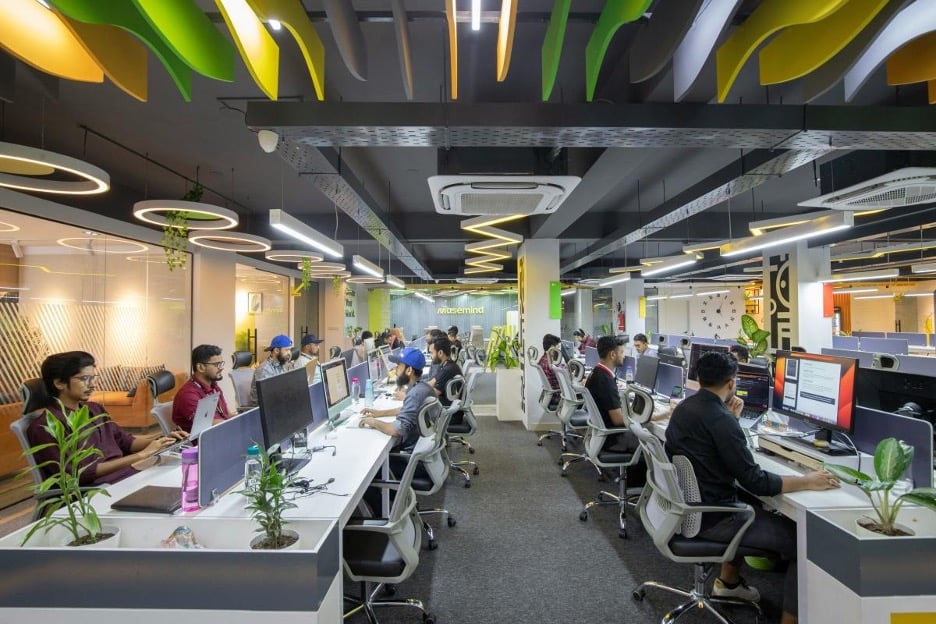Resources
Best South East Asian Start-ups to watch this year

Southeast Asia’s startup ecosystem is vibrant as it is defying global funding difficulties through remarkable stories and innovation. With its digital economy projected to reach 360 billion dollars by 2026, supported by a population of 660 million, the region attracts many investors, both retail and professional. Below, we will analyze investment patterns, technological breakthroughs, and market readiness to identify the most promising startups across key sectors and countries that embody Southeast Asia’s entrepreneurial resilience in 2025.
Regional Overview
Southeast Asian startups were raising lots of money this year, even more than in 2024. This is a good indication of recovery after a serious correction from 2021-2022 peaks. Sustainable unit economics has been dominant over growth at all costs approach with founders focusing on clear monetization pathways and capital efficiency. Geographically, Singapore still captures a significant portion of regional funding, while Malaysia has emerged as a new leader. Thailand, Singapore, Vietnam, and Indonesia show serious activity in specialized niches like climate tech and AI.
Singapore is especially attractive for both tourism and startups, and might be a good country to search for new startups to invest in. The country has a currency that is a popular exotic currency for retail investors, and sgd in usd value has been rising as a result. Converting to SGD could be very useful when trying to invest in local startups.
Sectorial deep dive
Let’s review the most promising startups in Southeast Asia covering sectors like climate tech, fintech, AI & deep tech, and logistics & E-commerce. This will enable us to create a well-ordered list of companies according to modern trends.
Climate tech
Climate tech sectors have surged lately due to regulatory pushes like Malaysia’s carbon market and Thailand’s renewable energy targets. From top startups to watch, SunGreenH2 (Singapore), WasteX (Indonesia/Philippines), and Jejakin (Indonesia) are leading the way. The SunGreenH2 is working on solar efficiency, reducing energy costs by almost 30% for tropical installations. WasteX converts agricultural waste into biochar and is parted with more than 200 farms to sequester 15k tons of CO2 annually. Jejakin is a carbon management platform helping corporations track and offset emissions transparently.
Fintech 3.0
Fintech 3.0 encompasses embedded finance and stablecoins. As emerging technologies like blockchain gain more popularity new startups come up with novel ideas to improve the sector. Main companies in this sector operate mainly in finance providing new ways for loans and stablecoin adoption. Stablecoin transactions have been growing as the sector gains more trust among investors. Companies such as Philippines-focused startup ProCredit provide loans for small businesses using alternative data for underwriting. From stablecoins, the 2C2P (Thailand) enables merchant acceptance at super-low fees.
Another interesting sector is Islamic Fintech. Startups like TNG Digital from Malaysia integrate zakat calculators and sharia-compliant investment options for its users, offering them e-wallets.
AI and deep tech
Enterprise-grade solutions provided by AI and deep tech startups like VinBrain (Vietnam) offer clients new ways to access enterprise-level solutions. The startup’s AI diagnostics DrAid is deployed now in 150+ hospitals with the aim to improve radiology accuracy significantly. ADVANCE.AI (Singapore) offers robust fraud detection systems that are employed by major banks, reducing identity theft in Indonesia. Yet another startup from Singapore, Silicon Box, offers semiconductor integration tech attracting 300 million funding to support regional cheap sovereignty.
Logistics and E-commerce
Door-to-door logistics have been generating some serious profits lately, supercharged after the COVID pandemic era. Flash Express (Thailand) covers 99% of Thailand with AI routing enabling it to process several million parcels daily, which is a huge achievement for a startup. SoBanHang from Vietnam empowers thousands of Small and Medium-sized Enterprises (SMEs) with inventory management and supplier linkage tools, processing 2.5 billion dollars annually.
Conclusion
In the end, Southeast Asia’s startup scene is thriving. As the region embraces innovative technologies such as green tech, AI, and blockchain, it shows a strong entrepreneurial spirit with a smarter and more sustainable approach. From Singapore’s deep tech to Thailand’s logistics and tourism leap, and Vietnam’s AI progress, the startups mentioned above are not only gaining traction but also setting benchmarks.

-

 Resources4 years ago
Resources4 years agoWhy Companies Must Adopt Digital Documents
-

 Resources3 years ago
Resources3 years agoA Guide to Pickleball: The Latest, Greatest Sport You Might Not Know, But Should!
-

 Resources7 months ago
Resources7 months ago50 Best AI Free Tools in 2025 (Tried & Tested)
-

 Guides2 years ago
Guides2 years agoGuest Posts: Everything You Should Know About Publishing It

